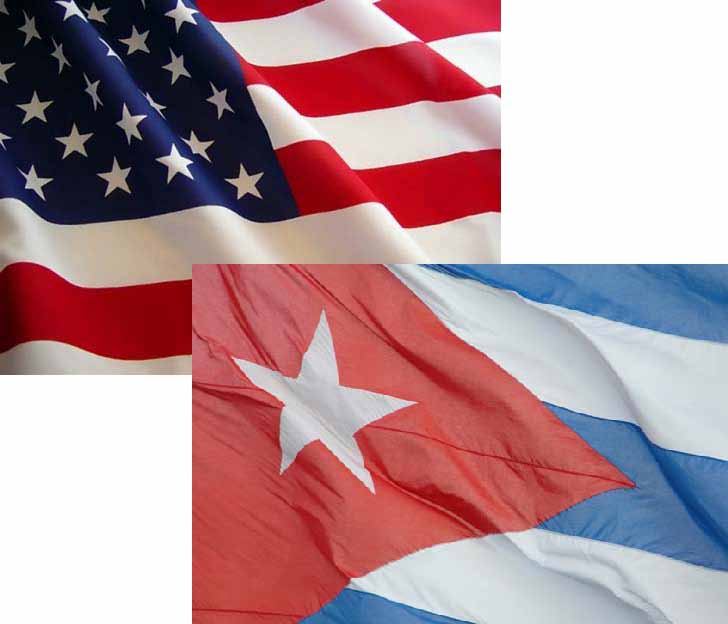
The governments of US and Cuba are paving the way for a massive overhaul in their political policies.
For more than five decades, US has kept an economic embargo on Cuba, but all of this is now changing under the Obama administration. Today President Obama begins a broad range of diplomatic and regulatory measures that are considered the most sweeping change in U.S. policy toward Cuba since the 1961 embargo was imposed.
The new political climate and changing attitudes between Cuba and USA have now created an opportunity for improved relations between the two nations. However, according to US officials, Cuba is responsible for adults and children subjected to forced labor and sex trafficking; child prostitution and child sex tourism, which reportedly occurs in Cuba, and laws do not appear to penalize the prostitution of children between the ages of 16 and 18.
Allegations have also been made of Cubans being subjected to forced labor, particularly with Cuban work missions abroad; the scope of trafficking within Cuba is particularly difficult to gauge due to the closed nature of the government and sparse non-governmental or independent reporting.
The native Amerindian population of Cuba began to decline after the European discovery of the island by Christopher COLUMBUS in 1492 and following its development as a Spanish colony during the next several centuries.
Large numbers of African slaves were imported to work the coffee and sugar plantations, and Havana became the launching point for the annual treasure fleets bound for Spain from Mexico and and others. Spanish rule eventually provoked an independence movement and occasional rebellions that were harshly suppressed. US intervention during the Spanish-American War in 1898 assisted the Cubans in overthrowing Spanish rule. Subsequently, the 1901 Platt Amendment to the Cuban constitution authorized the US to intervene in Cuba in the event of instability. The Treaty of Paris established Cuban independence from the US in 1902 after which the island experienced a string of governments mostly dominated by the military and corrupt politicians.
Fidel CASTRO led a rebel army to victory in 1959; his iron rule held the subsequent regime together for nearly five decades. He stepped down as president in February 2008 in favor of his younger brother Raul CASTRO. Cuba's communist revolution, with Soviet support, was exported throughout Latin America and Africa during the 1960s, 1970s, and 1980s. The country faced a severe economic downturn in 1990 following the withdrawal of former Soviet subsidies worth $4-6 billion annually.
Cuba has portrayed the US embargo as the source if its difficulties. Illicit migration to the US - using homemade rafts, alien smugglers, air flights, or via the US's southwest border - is a continuing problem. The US Coast Guard interdicted 1,357 Cuban nationals attempting to cross the Straits of Florida in 2013. Also in 2013, 14,251 Cuban migrants presented themselves at various land border ports of entry through out the US.
Just as Russia and Venezuela are drowning economically, thanks to their totalitarian ambitions and dropping oil prices, at a time when there is no one left to subsidize the atrocities of the Cuban dictatorship, gues who is coming to the rescue of the Castro brothers?